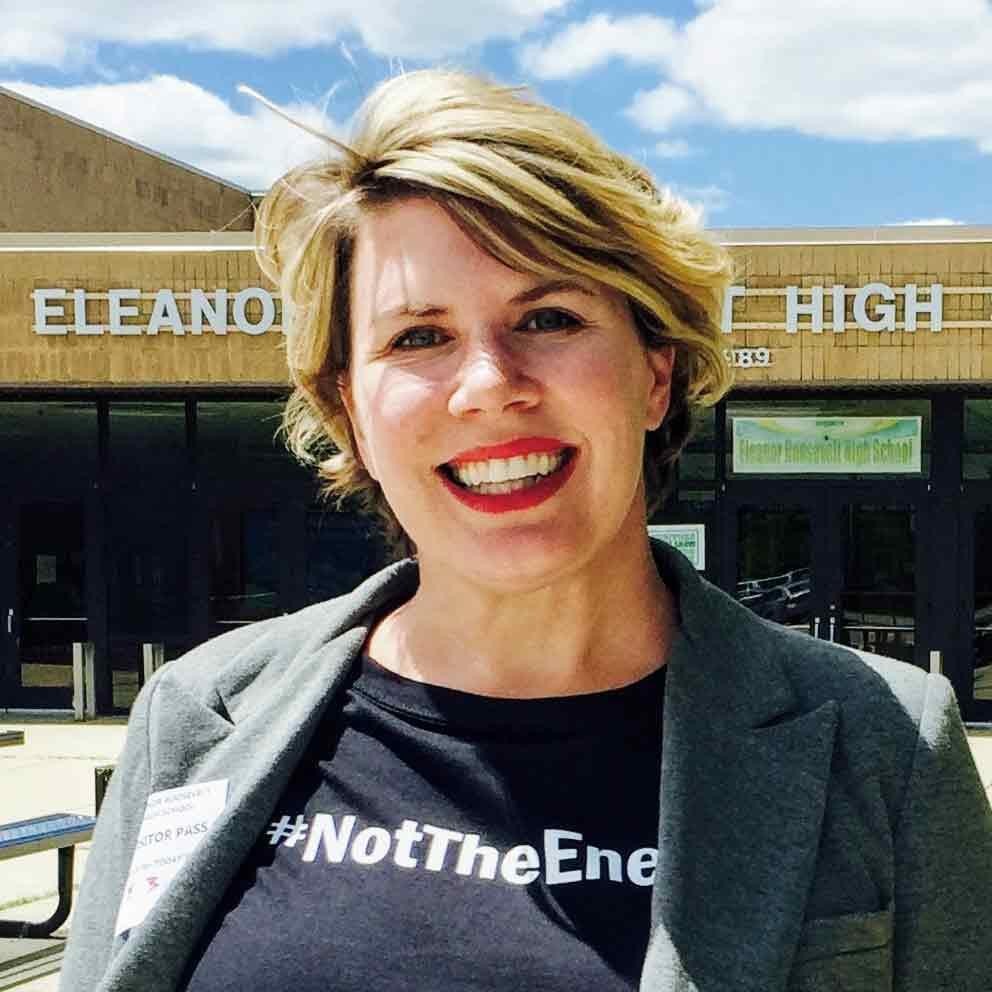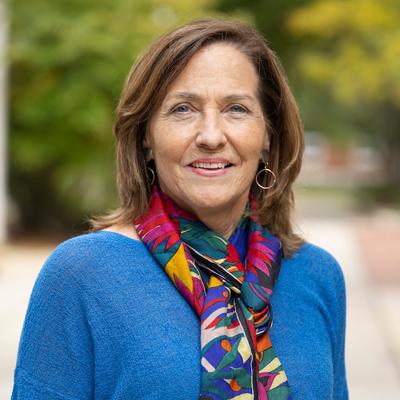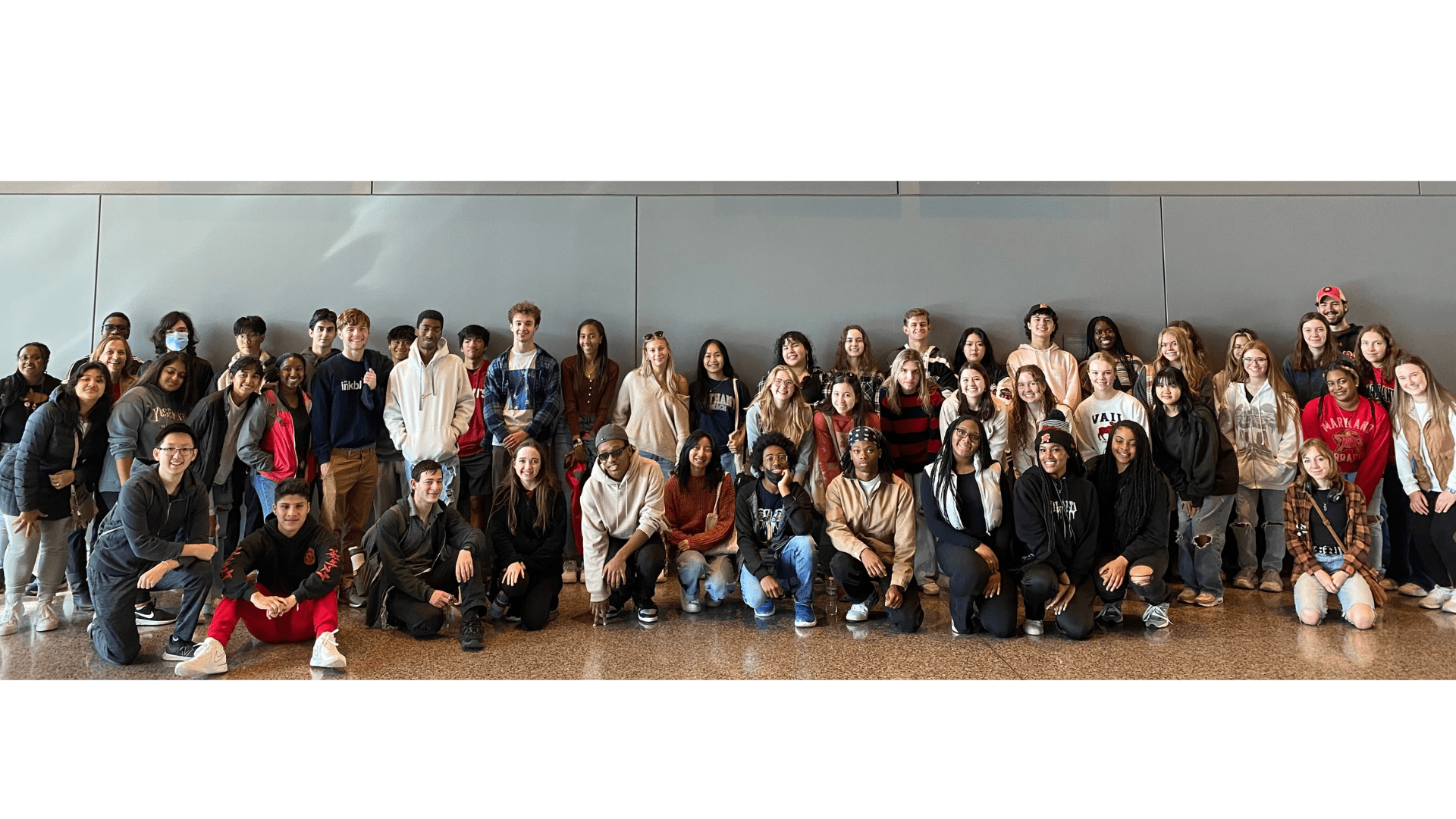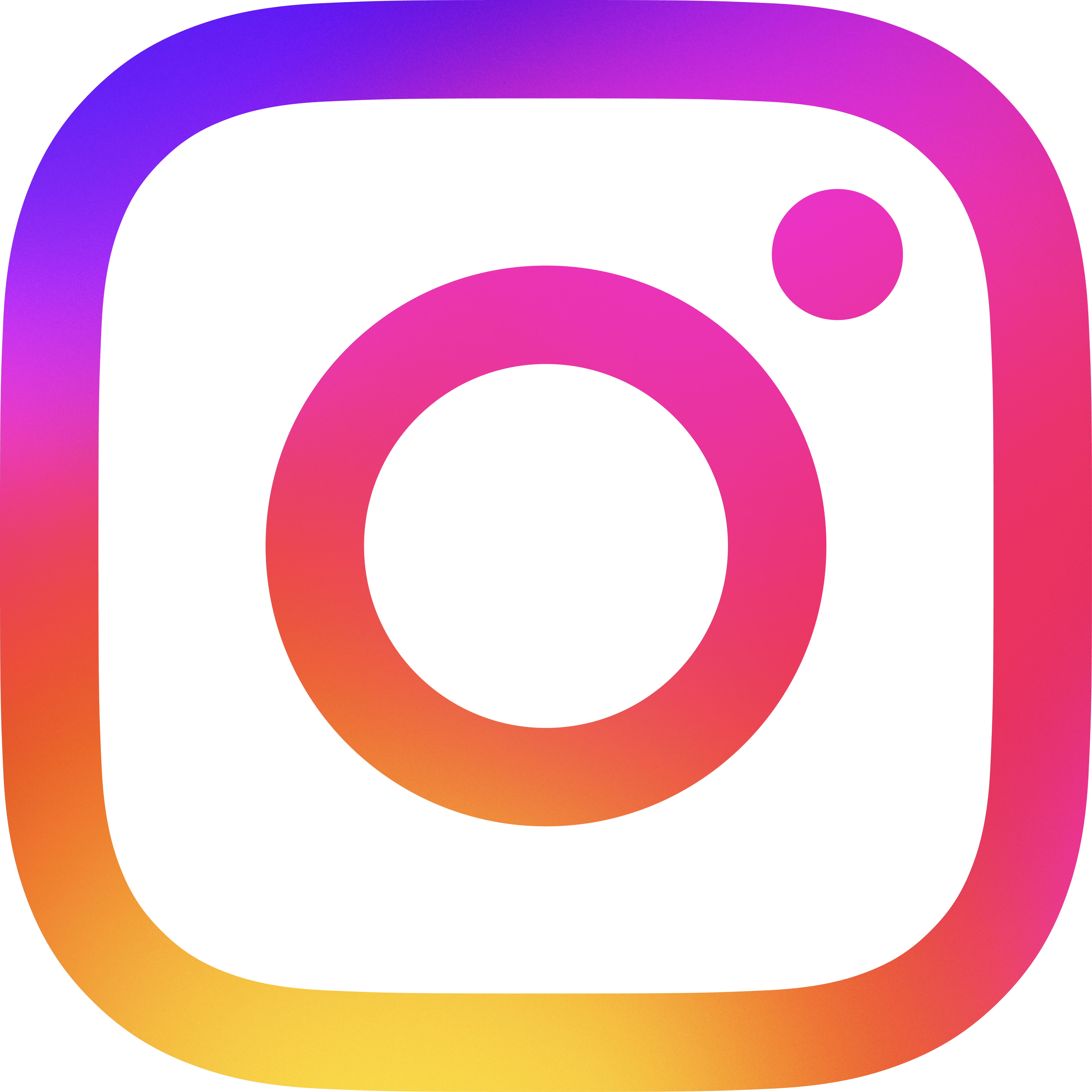Media, Self and Society
Analyzing urgent questions about our media-filled lives
Introduction
Media literacy is essential for critical thinking, health, and informed citizenship in the 21st century, yet many people lack the skills to critically evaluate the information they encounter online and in other media sources.
The Media Scholars program provides opportunities for students to participate in a creative learning community to develop their skills for analyzing and producing media. Our program promotes learning by doing and uses small group discussions, service activities, field trips, and creative projects to help our students understand and navigate their media-filled lives.
We have created an inclusive curriculum that also involves lessons that critically examine media representations of marginalized groups. Students should understand how the media has been used to oppress and stereotype certain groups, and how it can be used to promote equity and social justice. Media Scholars provides students with opportunities to create their own media texts that are inclusive and affirming of diverse cultures.
Colloquium and Lecture Topics
Our class sessions regularly include these features:
The Eye Opener: a critical analysis of the news of the day
Take on Fake: digging into viral disinformation
Media In Real Life: field trips on and off campus to enhance understanding of media literacy principles and use those skills to analyze and "decode" visual artworks, public exhibits, and other media.
MediaLit! Lessons and Activities: covering topics such as the economics and effectiveness of Super Bowl ads; a Grammy week study of the cultural impact of music videos; how Hip Hop changed the world; how AI is affecting the music industry; Oscar week study of the film industry and diversity in Hollywood; research into social media and mental health; media representations of gender and race; the history and impact of propaganda; the value of journalism in a democracy; and how you can use non-fiction storytelling/documentary filmmaking in your major.
I have had the opportunity to explore my interests through hands-on experiences while also developing my communication skills. I am so grateful to be a part of a community that not only encourages me to be myself but also challenges me to be the best version of it.
Other Learning Opportunities
Students get a real-world perspective on the media—both what it’s like to work in the media and the impacts of the media on society—through:
- Field trips to media outlets and cultural sites, such as NBC4 Washington studios, NPR headquarters and the National Museum of African American History and Culture;
- Visits to various news studios and the 9/11 Memorial and Museum during our annual trip to New York City; and
- Guest speakers, particularly working professionals in journalism, advertising, technology and public relations.
During their sophomore year, students fulfill a practicum requirement, which allows them to gain professional experience in their chosen fields. Past Media students have:
- Broadcast sports games with WMUC, the campus radio station;
- Worked on a political campaign; and
- Interned at Microsoft
In all cases, students were able to apply the analytical skills they learned in the program and assess the role that various media played in that organization.
Curriculum Overview
Over the two-year program experience (four semesters), students will complete 2 supporting courses, totaling 6–8 credits, that will count toward their Media Scholars citation. In most cases, these will also fulfill General Education requirements. Note that your Scholars courses—colloquium, practicum and supporting course(s)—will generally be in addition to any courses you take to satisfy major requirements.
The following table represents a typical two-year curriculum, but individual schedules may vary. Details about courses and requirements can be found on the Media Citation Checklist.
| SEMESTER | COURSES | CREDITS |
|---|---|---|
| Semester 1 | CPMS 100: Colloquium I | 1 credit |
| CPMS 225: Analyzing Media Practice Through Theory (SCIS, DSHS) | 3 credits | |
| Semester 2 | CPMS 101: Colloquium II | 1 credit |
| Semester 3 | CPMS 200: Colloquium III | 1 credit |
| Semester 3 or 4 | CPMS 230: Internship; or CPMS 240: Service-Learning; or CPSP 359S: Discovery Research (DSSP) |
1-3 credits 1-3 credits |
| Semester 1, 2, 3, or 4 | Supporting Course (var. Gen Ed) Supporting Course (var. Gen Ed) |
3 credits 3 credits |
Sponsoring College
Office Address
1122 Cumberland Hall
Office Phone
Faculty


News and Notes, Etc.
Media, Self and Society News
Scholars recognizes Citation Class of 2021, Founders Circle Award winners
When the Scholars Citation Class of 2021—all 930 of them—stepped onto the University of Maryland campus in August of 2019, spirits were undoubtedly high. College Park Scholars was celebrating its 25th anniversary, with branded #ScholarsAt25 shirts, buttons and laptop stickers, and even a Maryland Dairy ice cream flavor created specifically for the occasion. But spirits sank in March of 2020 with the onset of the COVID-19 pandemic, sending the cohort into a virtual experience for the rest of their time in the program.
College Park Scholars Awards First Rebecca Basena Kampi Memorial Scholarship
College Park Scholars has awarded its inaugural Rebecca Basena Kampi Memorial Scholarship to Joy Nash, a junior materials science and engineering major and an alum of the Media, Self and Society Scholars program. The scholarship provides financial support for undergraduate students in College Park Scholars who, through their leadership and public service, work to produce social change and support social justice.
Scholars Alum Recognized by National Coalition for Work on Campus Voting
Alexandra Marquez, a Media, Self and Society Scholars alum and a 2021 graduate of the University of Maryland, was recently named Standout Undergraduate Student by the All in Democracy Challenge, a coalition of 850 higher education institutions across the country. The All in Democracy Challenge empowers colleges and universities to achieve excellence in nonpartisan student democratic engagement.
In-Person Service Day Relaunches With Enthusiasm
Kids bent over boxes of school supplies. Tubs of tomatoes, picked fresh off the vine. College students clad in waders, waist-deep in pond water. These were just a few of the scenes witnessed during College Park Scholars’ annual Service Day, which took place on Friday, Aug. 27, this year.
10 Scholars Alums to Serve as Spring Commencement Senior Marshals
A significant number of Scholars alumni will be serving as Senior Marshals at the University of Maryland commencement this Friday, May 21, 2021. Senior Marshals are graduating seniors who display the highest levels of scholarship, service, extracurricular activity and personal growth.
Despite Being Virtual, Scholars Showcases Promote Personal Interaction
For most University of Maryland (UMD) students, the end of the spring semester heralds the start of finals. But for sophomores in College Park Scholars, for the past 24 years, this time of year has signified Academic Showcase. The event, one of the largest exhibitions of undergraduate student learning on campus each year, typically involves more than 600 Scholars sophomores presenting on their capstone projects to fellow students, faculty, parents and other members of the UMD community.

